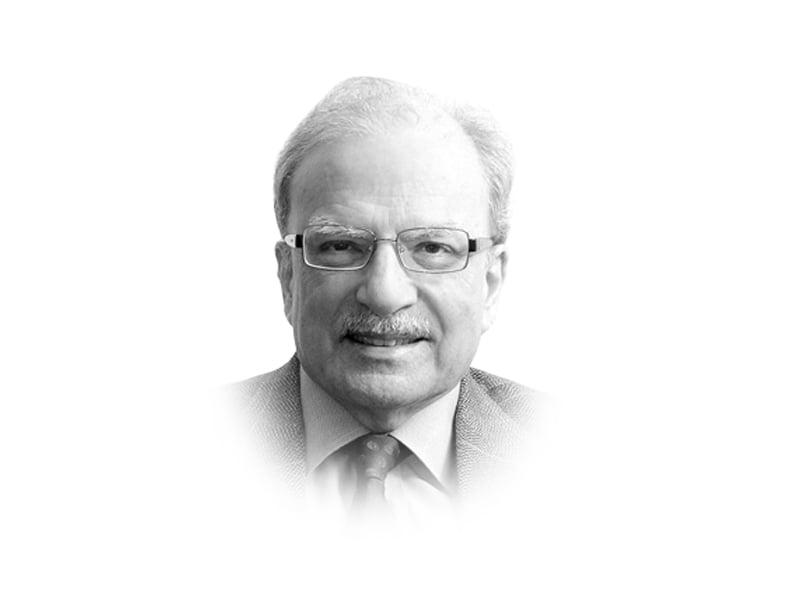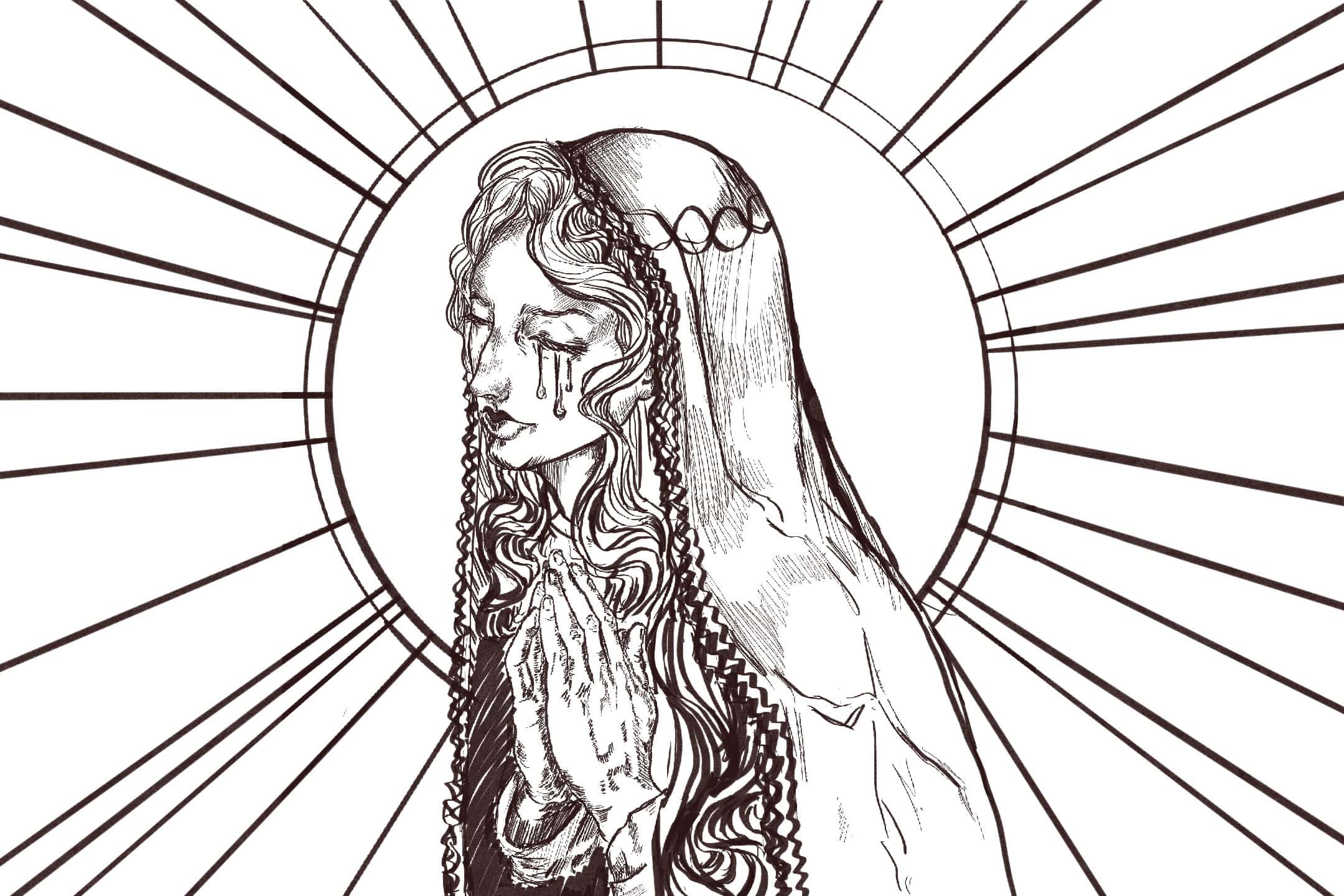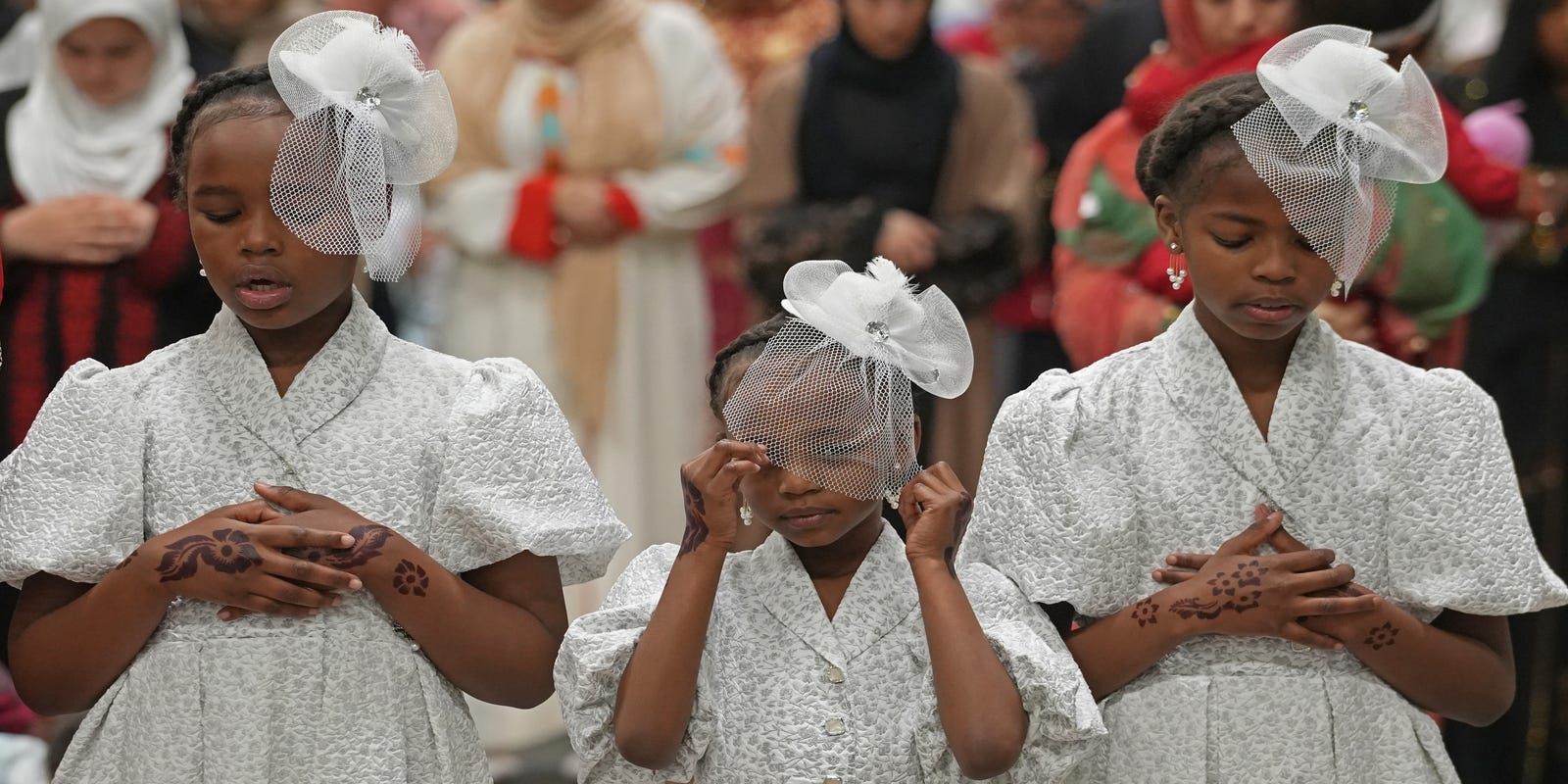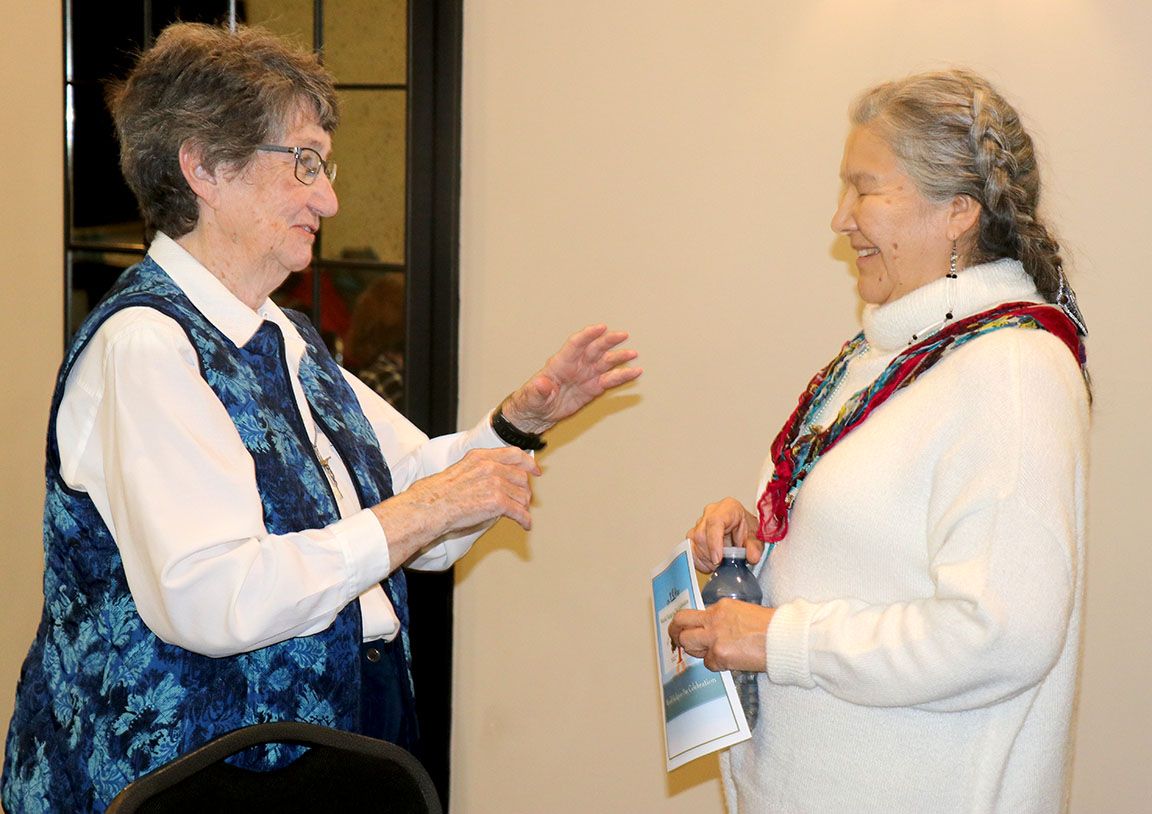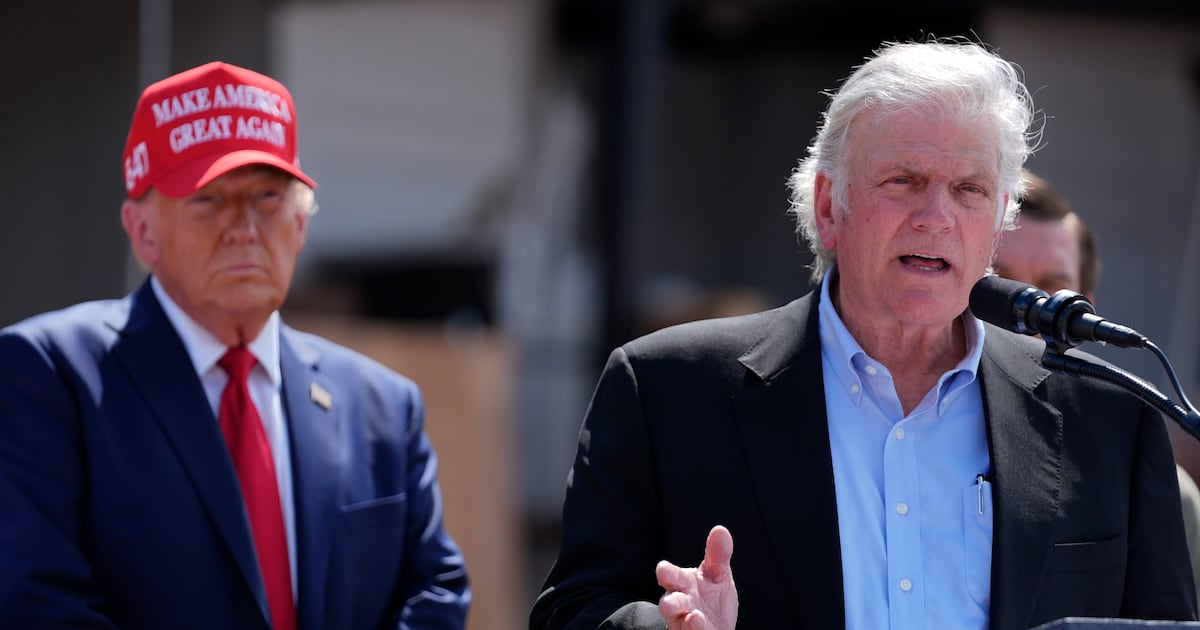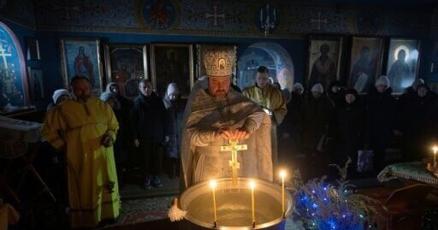
Beyond the Court: CJ McCollum's Cultural Identity Unveiled
Diving into the Life of CJ McCollum: A Closer Look at the Pelicans Star's Heritage CJ McCollum has become a prominent figure in the NBA, capturing the hearts of basketball fans with his exceptional skills and dynamic playing style. Beyond the basketball court, there's a rich and fascinating story about his family background and ethnic roots that adds depth to his remarkable journey. Born Christopher Emmanuel McCollum on September 19, 1991, in Canton, Ohio, CJ comes from a diverse and supportive family background. His heritage reflects a beautiful blend of cultural influences that have shaped his identity and driven his success. McCollum's family roots tell a story of resilience, determination, and athletic passion. His father, Ernie McCollum, played a significant role in nurturing CJ's love for basketball from a young age. Growing up in a supportive household, CJ developed not just his athletic skills but also the mental fortitude that would later define his professional career. His mixed-race background represents the multicultural tapestry of modern American sports, with African American and potentially other ethnic influences contributing to his unique identity. As a standout player for the New Orleans Pelicans, McCollum continues to inspire fans both on and off the court, carrying forward a legacy of excellence that extends far beyond his impressive basketball statistics. His journey is a testament to the power of family support, cultural diversity, and unwavering determination.



